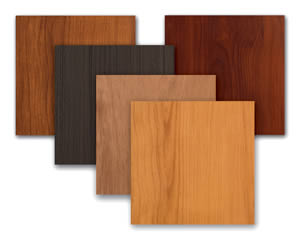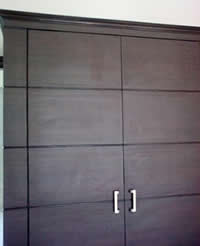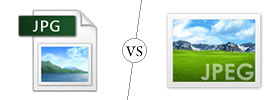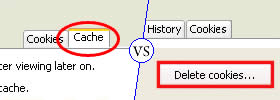Difference between Laminate and Mica
Key difference: Laminates are a multi-layer synthetic wood product. It is created high-density fiber, melamine resin or wood particles. On top, the laminate has a photographic applique layer, which is in turn covered with a clear protective layer. The photographic applique layer is usually imprinted with various images that aim to imitate the appearance of real wood. Mica is actually the shortened name for Sunmica. Sunmica is a brand of laminates that is quite popular in India. It originally belonged to The Bombay Burmah Trading Corporation Limited, however it was eventually taken over by AICA Laminates India Pvt Ltd.
 Laminates are a multi-layer synthetic wood product. It is created of high-density fiber, melamine resin or wood particles. On top, the laminate has a photographic applique layer, which is in turn covered with a clear protective layer. The photographic applique layer is usually imprinted with various images that aim to imitate the appearance of real wood. Laminates are usually applied over plywood or fiberboard, so that they can duplicate the look of wood for a cheaper cost. In case of laminated wood, the wood veneers are pasted parallel to each other, as opposed to the right angles in plywood.
Laminates are a multi-layer synthetic wood product. It is created of high-density fiber, melamine resin or wood particles. On top, the laminate has a photographic applique layer, which is in turn covered with a clear protective layer. The photographic applique layer is usually imprinted with various images that aim to imitate the appearance of real wood. Laminates are usually applied over plywood or fiberboard, so that they can duplicate the look of wood for a cheaper cost. In case of laminated wood, the wood veneers are pasted parallel to each other, as opposed to the right angles in plywood.
In addition to being cheaper, laminates are scratch-resistant, durable and easier to clean than traditional wood. It is easier to maintain, as the clear protective layer is resistant to pretty much everything except long exposure to water. This makes is longer lasting and well suited to be used in homes with kids and pets. Another advantage to laminates is that they are environmentally friendly as they use less wood to be manufactured, if any at all.
However, long time exposure to water or moisture may result in the laminate warping or ballooning. Moreover, the look of the laminate is set by the manufacturer, as opposed to wood that can be sanded and re-stained in any color of the stain available. Nonetheless, as the laminate is basically an image printed on it, the choice is pretty much limitless, and some manufacture may be willing to take custom orders. Still, laminates lack the visual warmth of wood.
While they are more durable than wood, laminates have a relatively shorter life-span as compared to traditional wood. The average life-span of laminate is between 10 to 20 years. It is also very hard to repair laminates, if it is damaged in any way or has run its course, the entire furniture may have to be replaced.
 Mica, on the other hand, traditionally refers to a group of sheet silicate minerals that have numerous different applications today, including in the creation of window panes and glass, as an insulator in various electric, and even in toothpaste. This is mainly due to the fact that mica is generally stable when exposed to electricity, light, moisture, and extreme temperatures. In toothpaste, mica acts as a mild abrasive that aids in polishing of the tooth surface. Ground mica is often also used in cosmetics industry to add the glittering finish in the products.
Mica, on the other hand, traditionally refers to a group of sheet silicate minerals that have numerous different applications today, including in the creation of window panes and glass, as an insulator in various electric, and even in toothpaste. This is mainly due to the fact that mica is generally stable when exposed to electricity, light, moisture, and extreme temperatures. In toothpaste, mica acts as a mild abrasive that aids in polishing of the tooth surface. Ground mica is often also used in cosmetics industry to add the glittering finish in the products.
However, when referring to mica in the same context as wood, mica is generally another name for laminates. Mica is actually the shortened name for Sunmica. Sunmica is a brand of laminates that is quite popular in India. It originally belonged to The Bombay Burmah Trading Corporation Limited, however it was eventually taken over by AICA Laminates India Pvt Ltd. Sunmica become such a popular brand, that the term ‘sunmica’ eventually became used to refer to laminates in general irrespective of the company that manufactures those said laminates.
As people started asking for sunmica instead of laminates, Sunmica’s competitors stared loosing business. In order to build up on this trend and get some business back, they started branding their laminates as ‘sun mica laminates’ (with a space) or just ‘mica laminates.’ Hence, many people today, in India especially, do not realize that sun mica and laminates is essentially the same thing.
Image Courtesy: omnova.com, themaisonette.net









Comments
Balkrishan
Sat, 05/06/2017 - 16:38
The explanation was very clear and concise, yet thorough. Thanks for clearing up the confusion.
Ned
Fri, 08/22/2014 - 00:52
Add new comment